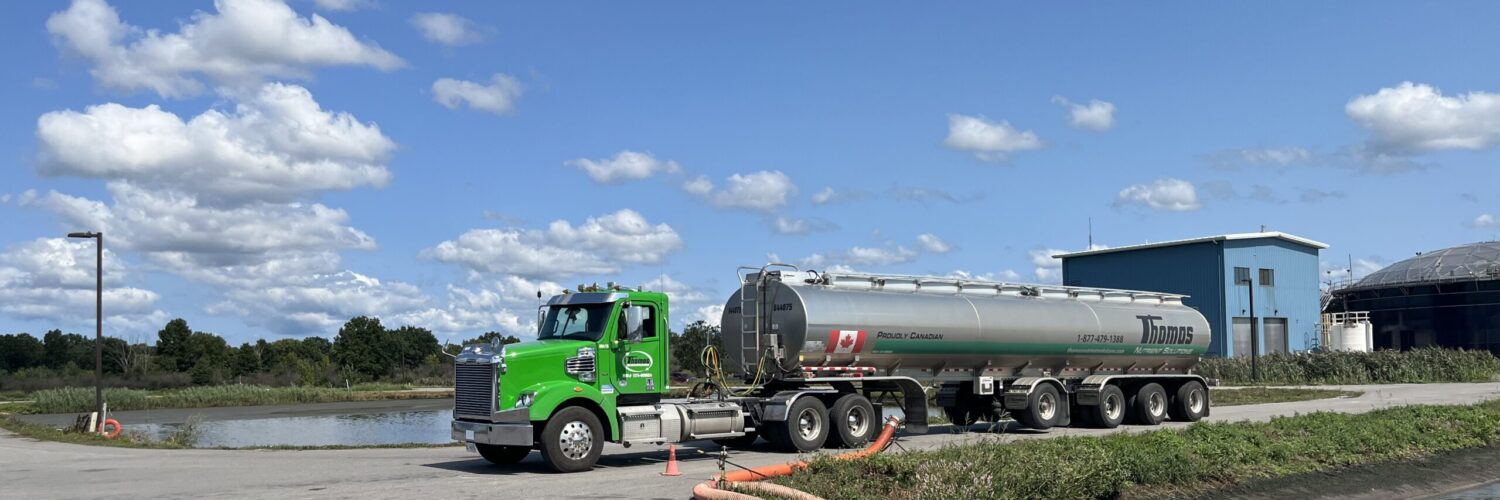One of the processes involved in wastewater treatment is with the use of chemical agents to assist with the removal of impurities from the water. While traditionally, treatment facilities uses inorganic chemicals because it is the tried and tested method for extracting pollutants, there is a growing trend of exploring organic wastewater treatment methods that can benefit the environment.
Veolia Water Technologies, a company based in the UK, is trying move towards organic wastewater treatment by incorporating more sustainable compounds into the treatment process by introducing new techniques and adopting organic chemicals which are more environmentally friendly.
Although inorganic chemicals cannot be entirely removed at the moment, its use should be reduced with organic alternatives for treatment.
Despite the wide variety of inorganic chemicals available, most of them function the same way. One of the most common is poly-aluminum chloride (PAC) which is widely adopted in many industries. It’s a coagulant that aggregates many of the impurities in the water to make it easier to filter out.
But there are disadvantages to using inorganic materials like PAC. The first is that it adds to the overall sludge volume. This is because of the addition of sodium hydroxide to the mix to neutralize the strong acidity of the coagulant. This creates its own sludge called aluminum hydroxide which also needs to be treated and removed.
This makes the sludge removal a time-consuming method, and you also need to deal with the off-site disposal of the material. This involves the use of large vacuum tankers which would add more expenses in terms of transportation costs and is ultimately detrimental to the environment once it is dumped in a landfill.
Aside from the CO2 emissions generated by the inorganic sludge, they are also highly corrosive and hazardous because of its high quantities of heavy metals.
Using Organic compounds in organic wastewater treatment can work on a much broader pH range (from 4 to 8) allowing for more control of the treatment process. This removes the need to add pH neutralizing chemicals and subsequently managing the resulting sludge that follows. These organic coagulants are also effective at dealing with fats, oil and grease (FOG), which makes them ideal for use in wastewater coming from ready meal and oil processing companies.
Other advantages of using organic chemicals include its lower volumes needed to be effective and its potential to produce a much lower amount of sludge. This also means that there is less salt and heavy metals produced, which will not harm the environment.
VWT has been working on a wide array of organic chemicals for wastewater treatment, as well as offering equipment and services. They make a product range called Hydrex which are chemicals specifically formulated to make wastewater treatment more efficient. They also developed corrosion inhibitors, scale inhibitors, and odour control solutions.
The company is looking to find a much wider adoption of their products and services because they believe in a sustainable and environmentally friendly approach to wastewater treatment. They are confident in the effectivity of their product because it was developed by a team of skilled chemical engineers specifically who specialise in water treatment.
If more facilities use organic agents to process sludge the impact on the environment and their bottom line would be profound.
If you are a municipality in Ontario and in need of a biosolids management solution, please feel free to contact us at 1 (877) 479-1388.
Source:
https://wwtonline.co.uk
https://campaign.veoliawatertechnologies.co.uk

